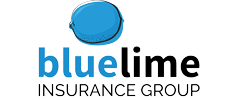
For various reasons, some community associations forego the services of a professional HOA management company. This is especially true with smaller HOAs. While self-management is risky business, that is not to say it can’t be done.
What are the risks of opting to self-manage an HOA?
- Incompliance – Perhaps the biggest risk of being a self-managed HOA is that board members are often breaking the law in some (or many!) areas yet are completely unaware of this. Some examples include posting improper signage through the community, failing to submit annual disclosures, and filing incorrect or incomplete taxes.
- Vulnerable to Lawsuits – Without proper insurance coverage, an HOA is open to potential lawsuits. Not having coverage at all, or simply being underinsured, leave the association dangerously vulnerable.
- Inefficient – Lack of manpower means that some things inevitably fall through the cracks. From meetings and facilitating requests to complaints and collecting assessments and other fees, managing an HOA can be a full-time job. When the association is run by volunteers, they may not be able to give the full time, energy, and/or resources necessary to efficiently take care of everything that needs to be done.
- Lack of Accountability – In some cases, a community may have an opinionated board or board member who takes a “my way or the highway” approach to governing the neighborhood. Board members may feel as though they are only accountable to themselves, while in reality the board is accountable to its community members. A management company provides much-needed accountability. A lack of transparency is detrimental to both sides.
- No Member Advocate – There is no neutral contact to remedy issues that arise between the board and members of the association. Third-party neutrality is essential for member cooperation and satisfaction.
- Indifference – HOA board members just don’t know it all, and sometimes, they don’t care to! Because they are volunteers, board members do not always have the knowledge or time to manage the community properly; this results in a myriad of problems, most commonly (and importantly) breaking laws and not carrying proper insurance coverage.
- No Contact – Members of the association do not have a third party to contact when issues arise. Instead, they simply contact a designated board member, which causes both trust and legal issues. An HOA manager does not have a personal agenda and is neutral to all parties involved. Also, there is the simple benefit of the people in the community having a dedicated contact for their various needs, rather than constantly bothering volunteer board members.
The David-Stirling Act Civil Code
Staying up-to-date on the laws governing associations as a self-managed community of volunteers can be especially tricky. If you aren’t careful, you can open yourself and the community up to liability. For instance, the Davis-Stirling Act Civil Code is a California-specific statute that more or less dictates how an HOA in the state of California is to be run. It is essentially a long list of do’s and don’ts governing how homeowners’ associations are required to operate.
Noncompliance with the Davis-Sterling Act Civil Code leaves an association vulnerable to lawsuits, which are expensive and time-consuming. We encourage you to understand the laws in your area; a professional management company can also help.
Handling Insurance for Self-Managed Associations
Hopefully, at this point, it’s clear that improper insurance coverage is at the heart of many of the risks of being a self-managed HOA. A self-managed association requires specific insurance coverage to limit liability. For example, without proper Directors’ and Officers’ Liability Insurance (D&O) coverage, board members’ personal assets could be exposed if loss occurs, meaning that board members could be financially responsible for an unfavorable outcome of a lawsuit.
Both state law and community CC&Rs govern which types of insurance an HOA must have. It is important to remember that there is a difference between which insurance coverages an association must have and which insurance the association should have.
So, how can a self-managed association obtain proper and adequate insurance coverage?
Simply put, board members should work with an insurance agent who has specific experience working with homeowners’ associations. Leave the heavy lifting to the professionals on this one, and let a qualified agent make sure that your association is properly insured and protected against potential liabilities.
If you’re ready to partner with the best in the industry, contact us her at Blue Lime for a quote!
